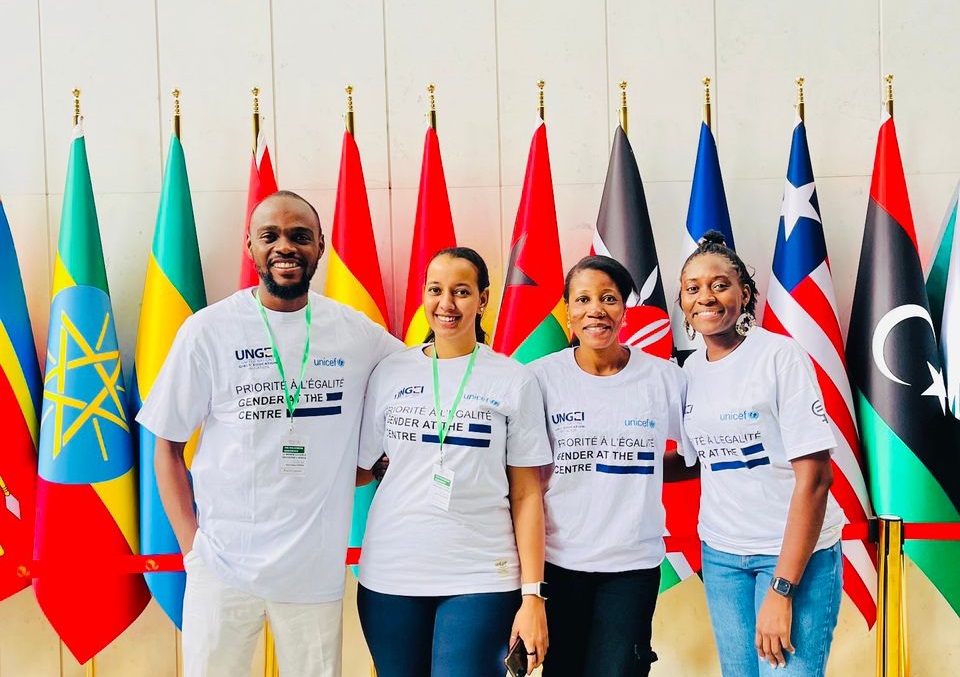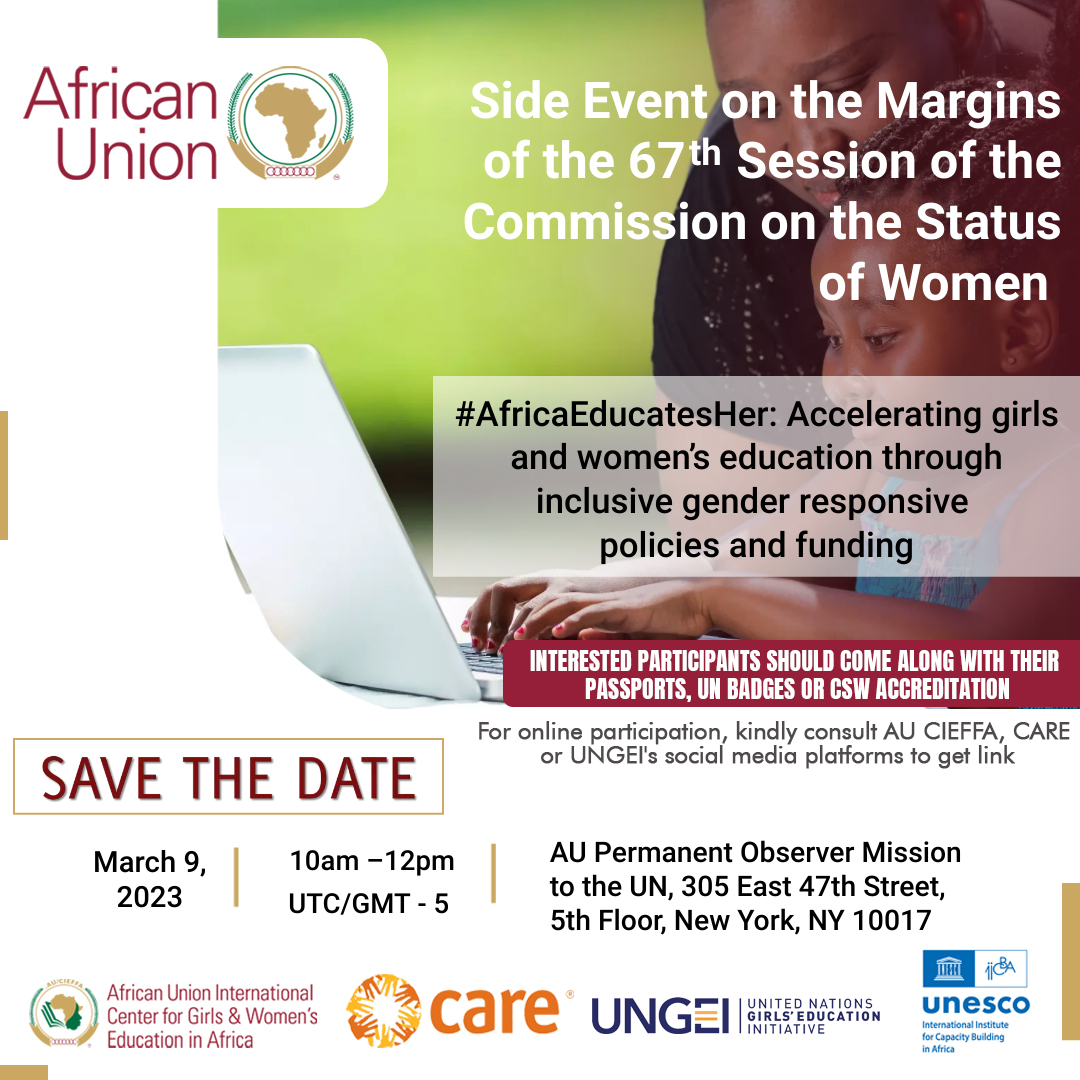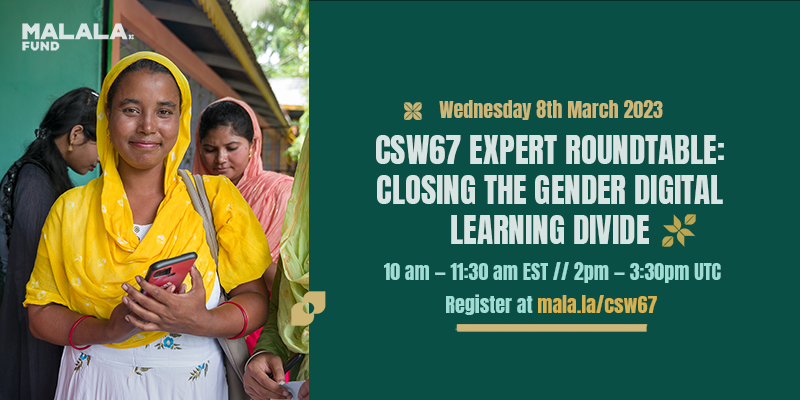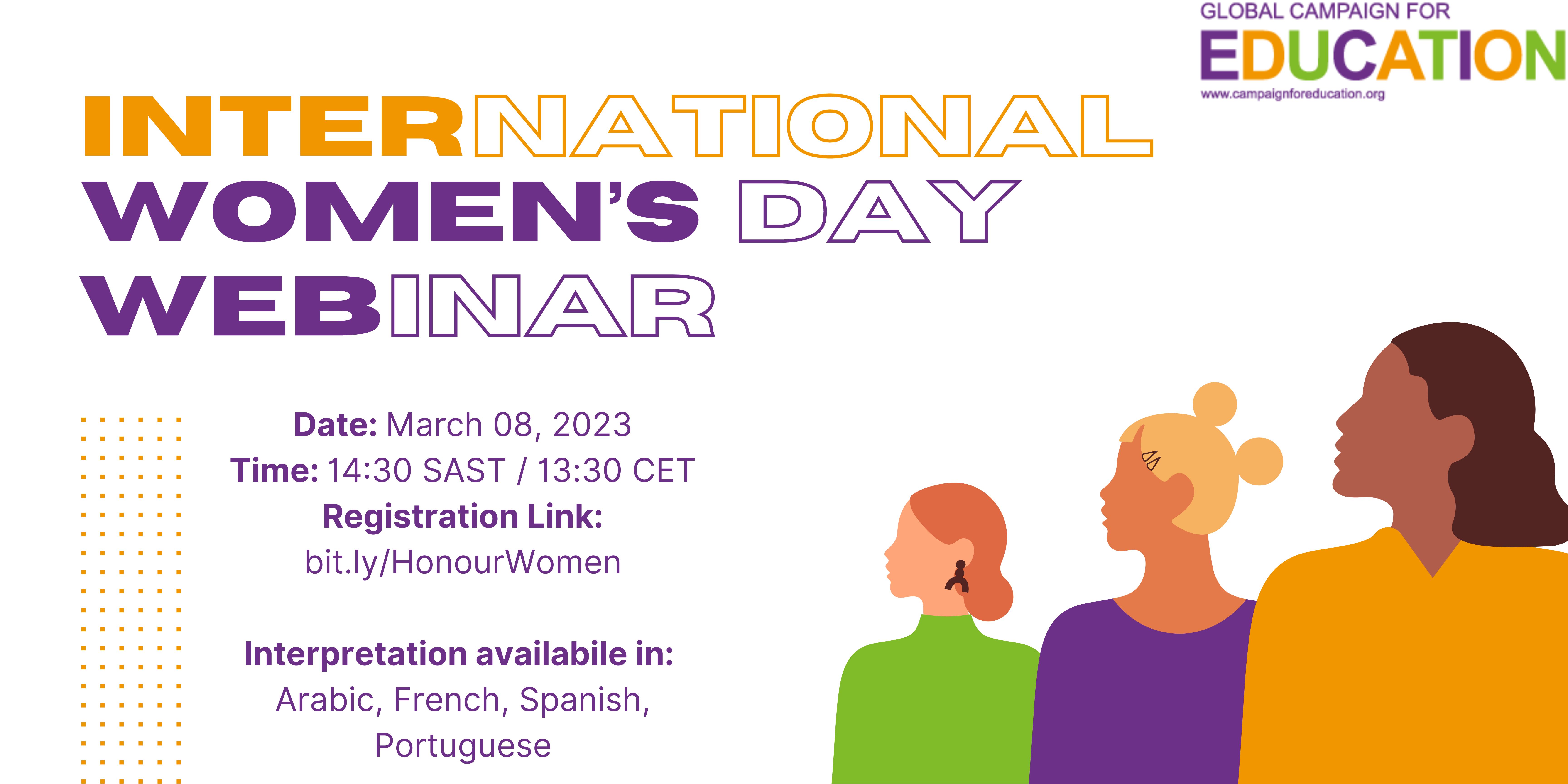What is PANCOGED?
PANCOGED is short for the Pan African Conference on Girls’ Education. Organized by the African Union Commission through its specialized technical institution, the African Union CIEFFA, the event attracted over 300 participants. Attendees included representatives from African Union member states' ministries responsible for education, skills development, gender and social development, as well as policymakers, development partners, UN agencies, experts, African Union bodies, donors, youth networks, traditional and religious leaders, and civil society actors.

What were you expecting from the week?
I was looking forward to enriching exchanges and learning about new and best practices used by various stakeholders in their struggle for gender equality in girls' and women's education.
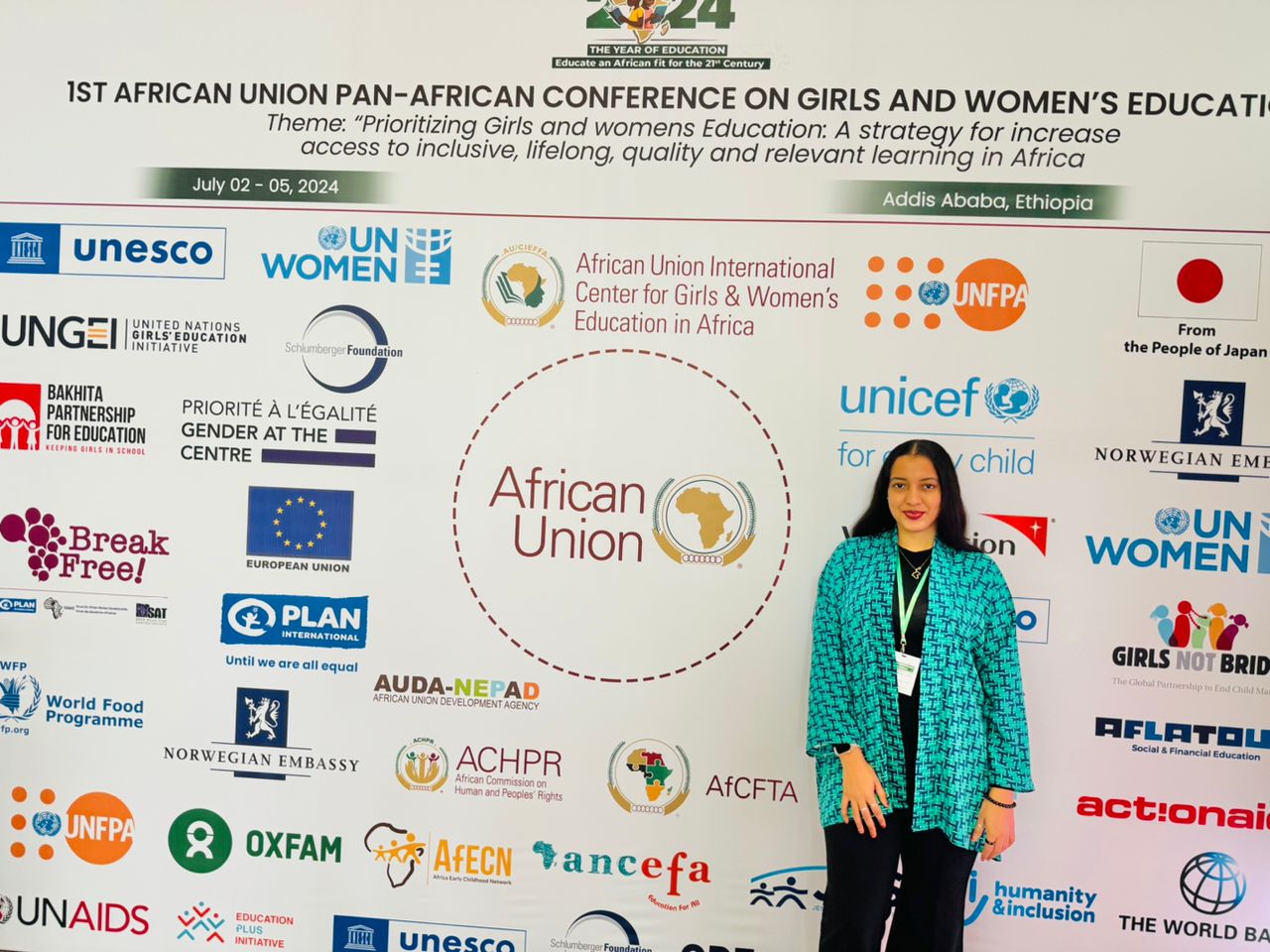
How was your experience the same or different from those expectations?
The idea of bringing together young people from across Africa with different perspectives and realities is a huge step forward in the inclusion of young people in decision-making, particularly with regard to their educational needs and aspirations. The conference met most of my expectations, though youth participation in panels and events could have been more meaningful. Having followed the various interventions and contributions, I've come to the conclusion that the challenges in terms of gender equality in education vary from one region to another, even if certain constraints that promote inequality are common to most of our African countries, such as socio-cultural constraints, poverty, crises, the effects of climate change, and so on.
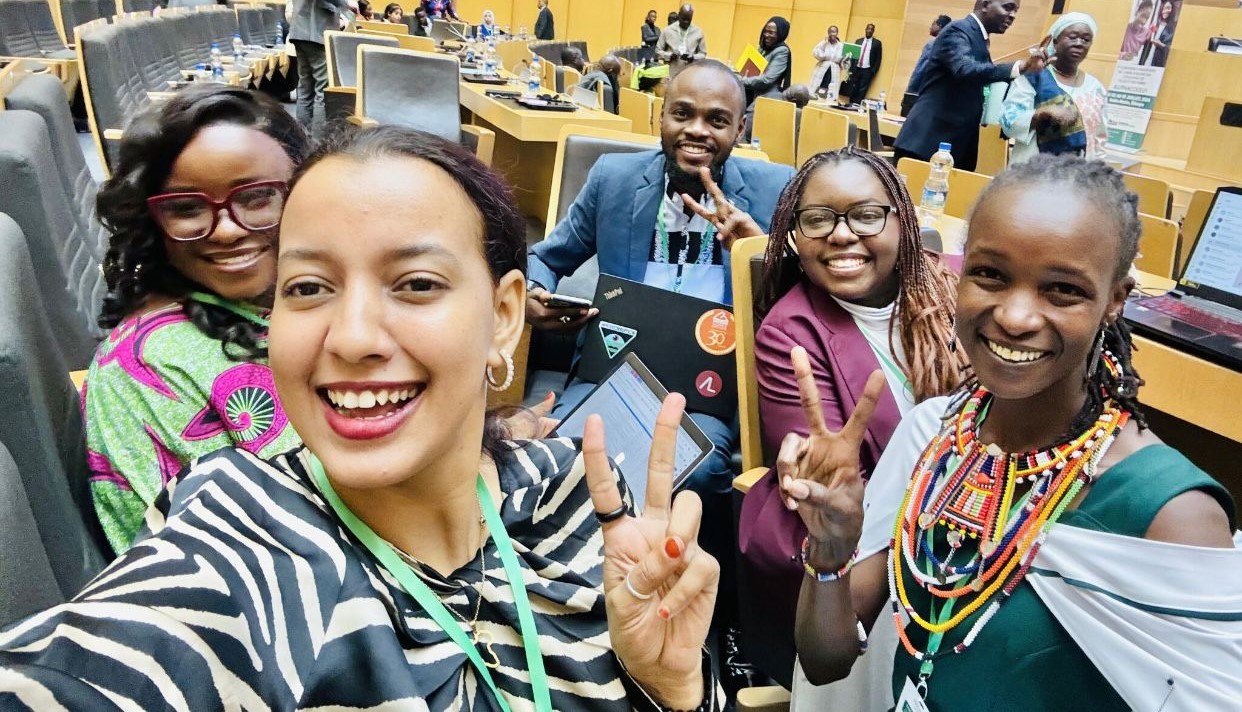
What was the highlight of the week for you?
One of the highlights of the week for me was the screening of the documentary film Little Faith, illustrating gender-based violence in Uganda and in the Maasai community in Kenya, and showing the support provided to victims by AU CIEFFA programs and its partners. The various experience-sharing and story-telling sessions added great value to the event, because beyond the theoretical aspect of the conference, these sessions enabled us to touch the participants by connecting them deeply with the often-painful realities that some of us may experience.
I also found the side sessions interesting, which addressed topics such as community empowerment through the role of religious and traditional leaders in combating gender-based violence practices, creating a safe and protective environment for young girls through education, and supporting the health, education and skills of adolescent girls and young mothers. In conservative communities like mine, where leaders play a crucial role, including them in promoting gender equality in education is essential.
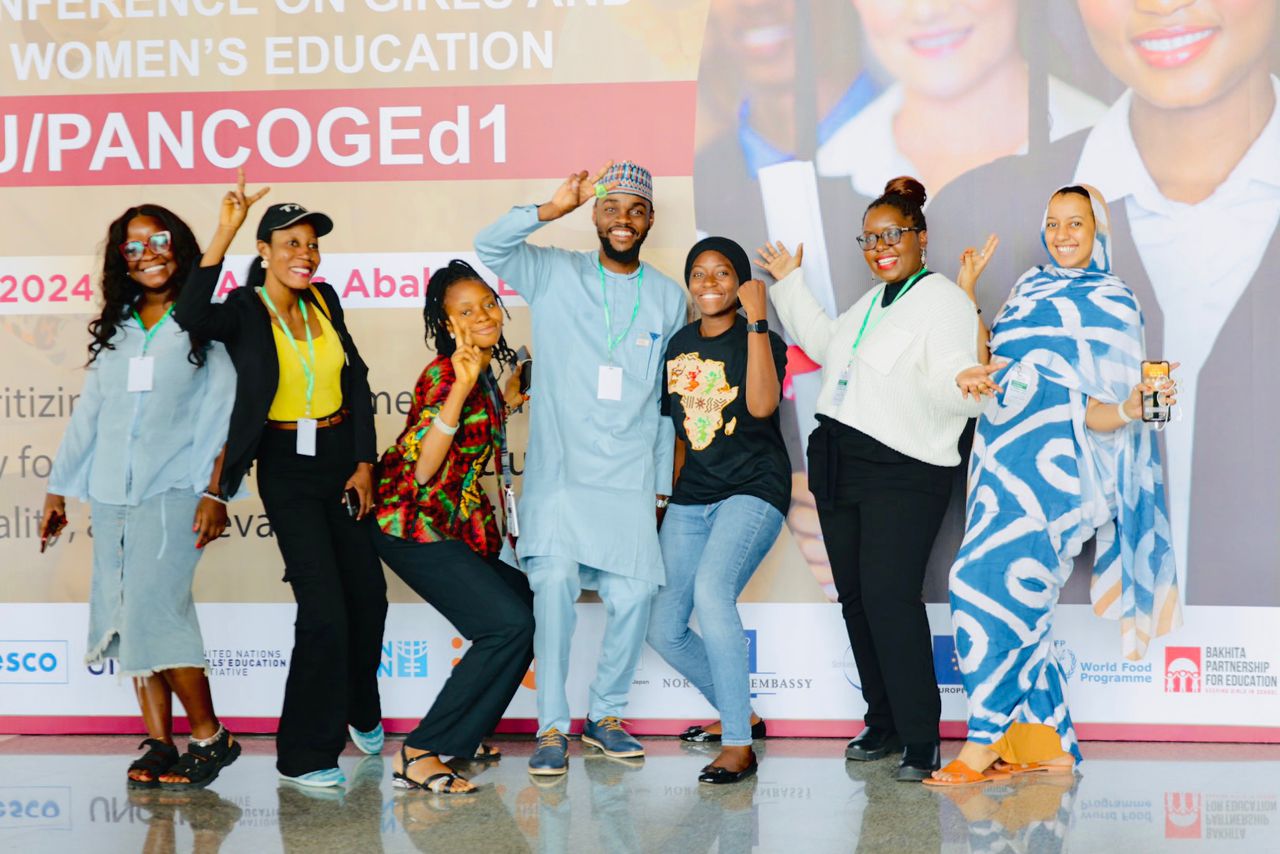
Tell us about someone you met at the conference, who inspired you
The person who made the biggest impact on me was a feminist from Kenya who shared her personal experience of how climate change and the impact of nomadism have affected the education of young people in her village. This story touched me personally, as I myself come from a nomadic community in the north of Mali, precisely in Timbuktu, and understand firsthand the impact of droughts and climate change. Nomad communities are often force to move in masse to find dry land for their animals, or to flee conflicts, leaving behind their goods and hopes. This multi-dimensional context is undoubtedly conducive to inequality and violence, particularly against girls. This is why particular emphasis needs to be placed on influencing public policies to integrate the needs of these communities into educational programs, and thus create appropriate learning spaces for these disadvantaged groups.
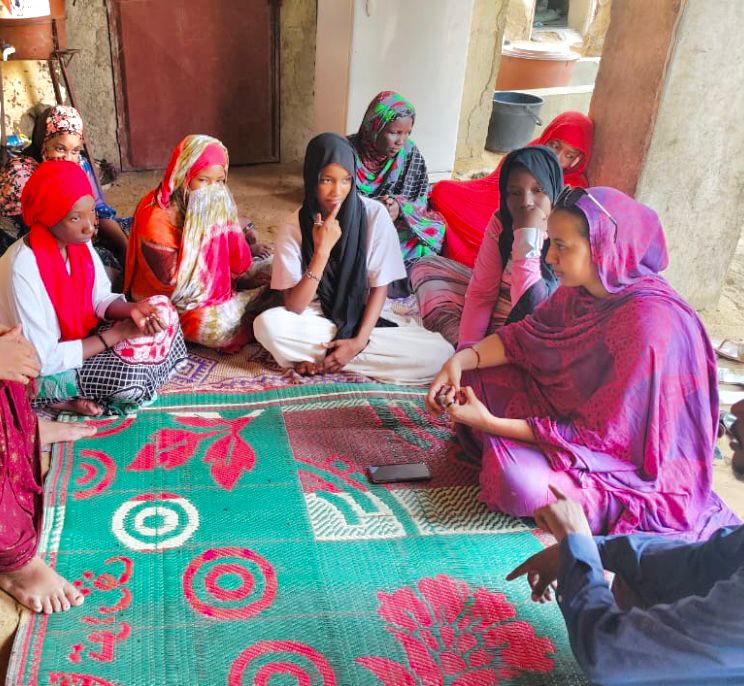
How does being at PANCOGED impacted your work?
One thing's for sure: I've come away from this conference motivated and determined to continue my fight for girls' education and gender equality in education. Beyond gaining new knowledge, I'm becoming aware of the importance of collaborative solidarity, particularly in the field of girls' education, where each stakeholder plays an important role. This is why, within the national youth coalition in Mali, we find several civil society organizations, each specializing in areas such as GBV, civic engagement programs and actions, awareness-raising, media content creation and skills-building in political leadership, personal development, peace and security, among others.
It's often said that every journey, every experience and every person you meet adds value to your life, and in the framework of this conference, I'm becoming aware of the role that African youth have to play in staying more involved in the key issues aimed at the development and fulfillment of our societies.
